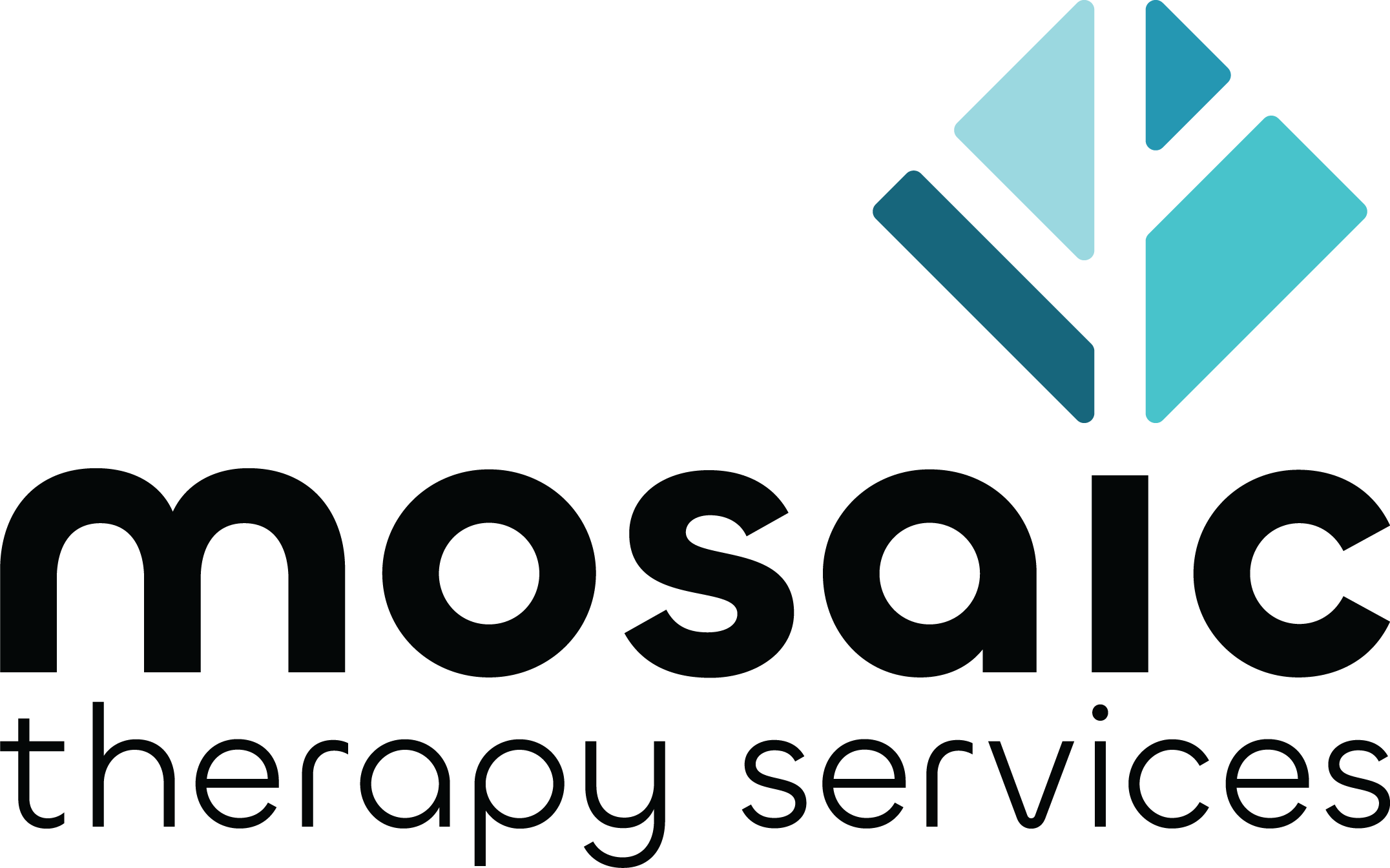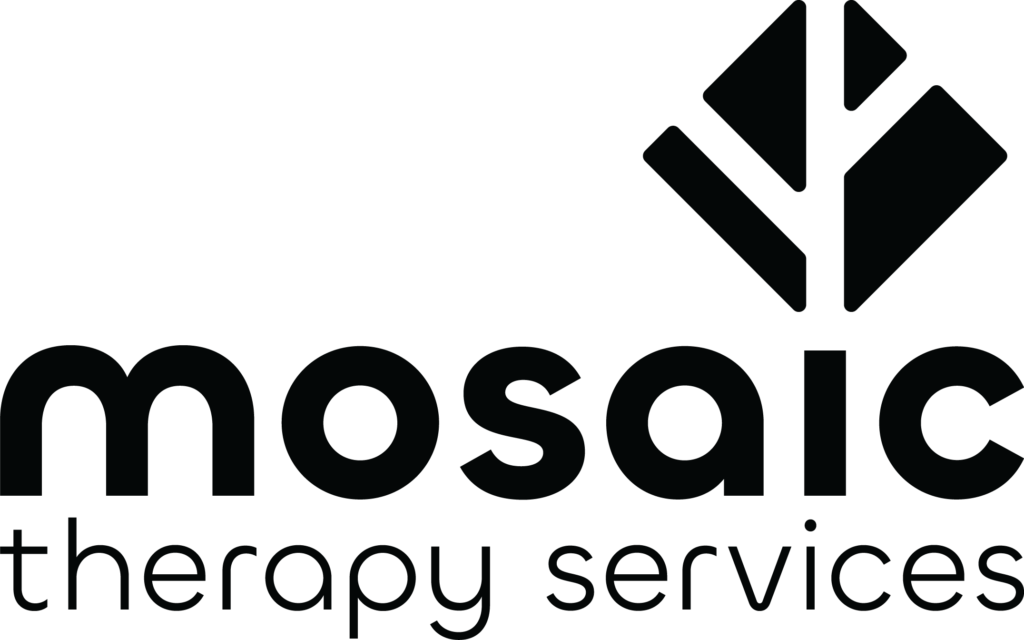
Child Therapy
Through evidenced-based treatment designed for youth to improve behavioral symptoms and support emotional development, our experienced and caring therapists will create an engaging and safe environment supporting your child while building strategies for resilience and strengthening family relationships.
How can child therapy help?
When children encounter stressful life events, challenges at home or school, or emotions that are difficult to understand, they sometimes cope by internalizing their experiences or externalizing them through their behavior. This can result in emotional, social, academic and even physical problems. Specialized therapy with trained and experienced child therapists can provide children with the opportunity to express and explore their thoughts and feelings within a warm, safe, and supportive environment.
Our child-focused perspective
Our approach involves building a positive and trusting relationship with the child by following their lead and entering the child’s inner world. From there, we work to better understand the sources of the child’s difficulties and to guide them in building skills for more effectively identifying, expressing and coping with difficult emotions. We adapt our approach to meet the unique needs of each child, by using both directive and non-directive techniques, and by offering a combination of verbal and non-verbal activities – including art therapy and play – which allow the child to express and process material in a more natural and less intimidating way. Our goal is to help your child develop the knowledge and skills to effectively cope with life’s challenges now and in the future.
Support for parents
In order optimize the benefit of therapy, your child’s sessions will be based on what your child wants to focus on, which, with time and the trust, will often be exactly what their parents want them to address. When a child can openly explore their feelings in therapy – without pressure from adults – their relationships with others, including their parents, may actually improve. However, you won’t be in the dark! We also work with parents, helping you to gain insight into your child’s difficulties, and to learn and implement parenting strategies for supporting your child with their overall well-being.
About our collaborative approach
We believe in working collaboratively with your child’s pediatrician and/or psychiatrist to ensure they receive optimal benefit from treatment. We understand parents’ concerns about the use of psychotropic medications with their children. We do not push medication but will help you make informed decisions about whether medication would be of benefit if recommended by their doctor. We can also provide referrals to complementary providers if you determine that would help facilitate your child’s healing and wellness.
The importance of a "good fit"
We provide a complimentary consultation call where you can ask questions and we can decide together if scheduling an initial assessment with you and your child makes sense. During the initial assessment session, you will share more about your concerns, your child’s history, background and goals for therapy. We will ask questions about different areas of your child’s life and determine if we are a good match for your family! We will provide some preliminary recommendations and come up with a plan for moving forward. If you are going to be working with your insurance provider, a diagnosis will need to be established.
How long does therapy take?
If we decide to work together, we’ll set up a schedule. Frequency and duration is something we will work out together based on your child’s needs and our recommendations. We view the first 4-6 sessions as an extended period of evaluation and discovery as we learn more about your child, you get a feel for our style and approach to therapy, and we develop rapport, a sense of safety and, most importantly, trust. On-going therapy involves working together towards your child’s goals, which may be short or long term.
At some point, you may begin to notice some improvement in your child. They might reach their goals or may need to stop therapy before they are met. While some people experience noticeable changes or resolution of their initial concern in only a few sessions, for most others, this takes longer. Your feedback will help us determine the flow and intensity that best suits the needs of your child.
At some point, you may begin to notice some improvement in your child. They might reach their goals or may need to stop therapy before they are met. While some people experience noticeable changes or resolution of their initial concern in only a few sessions, for most others, this takes longer. Your feedback will help us determine the flow and intensity that best suits the needs of your child.

